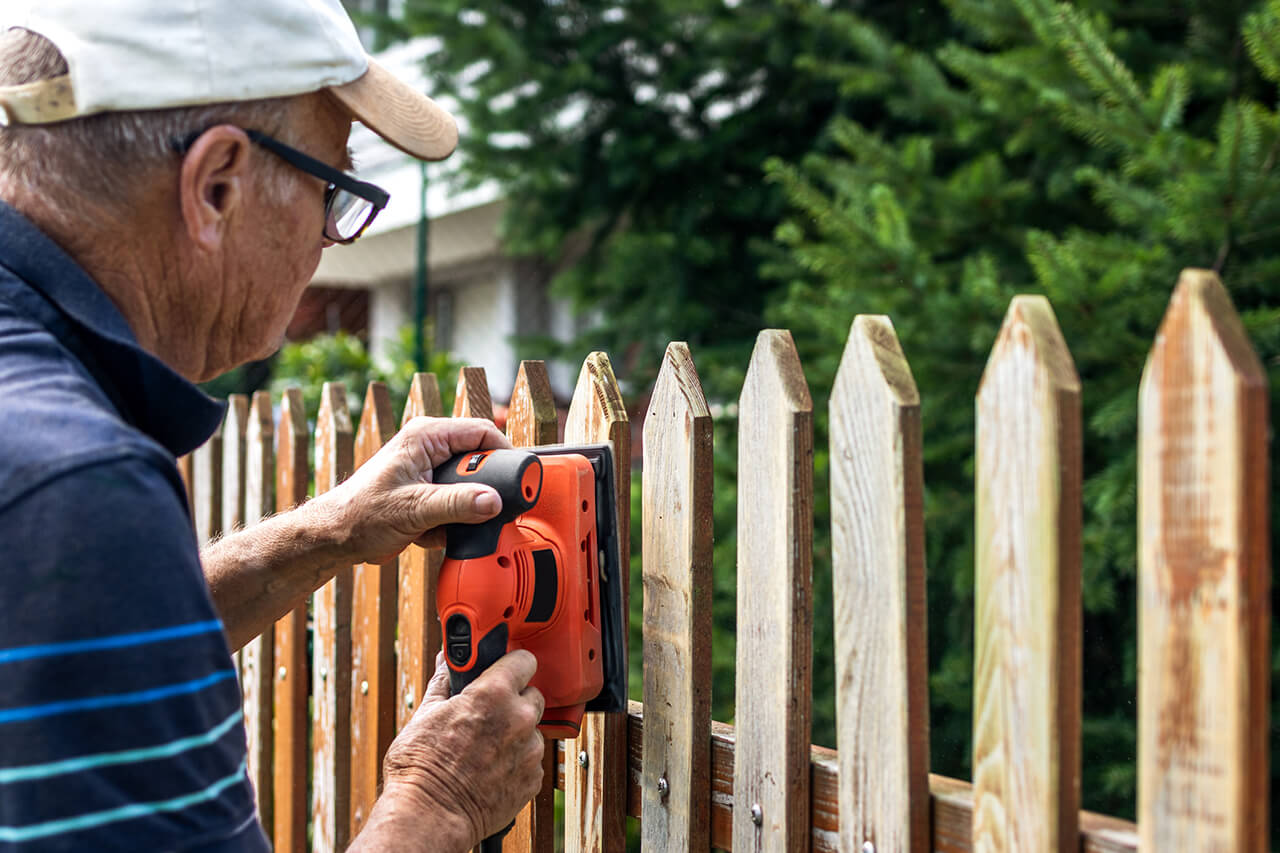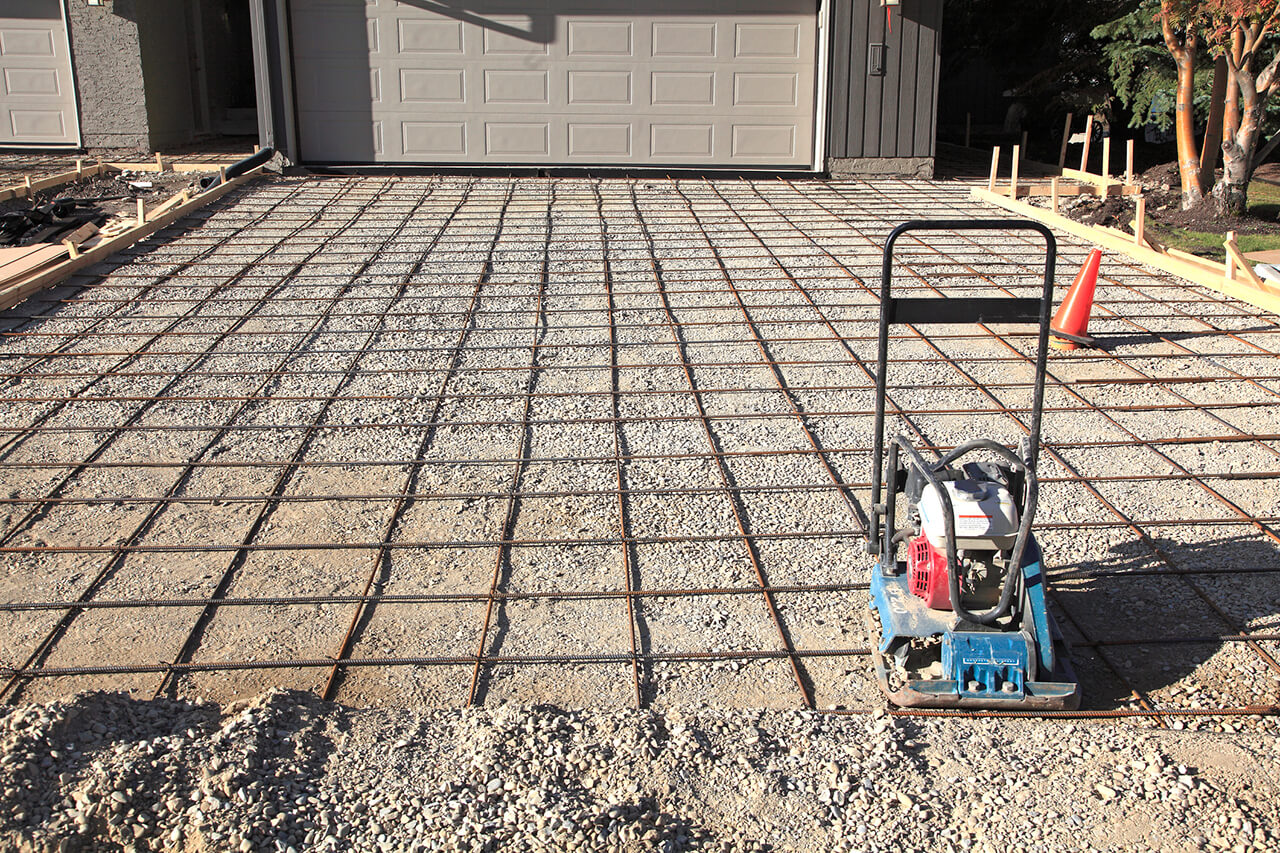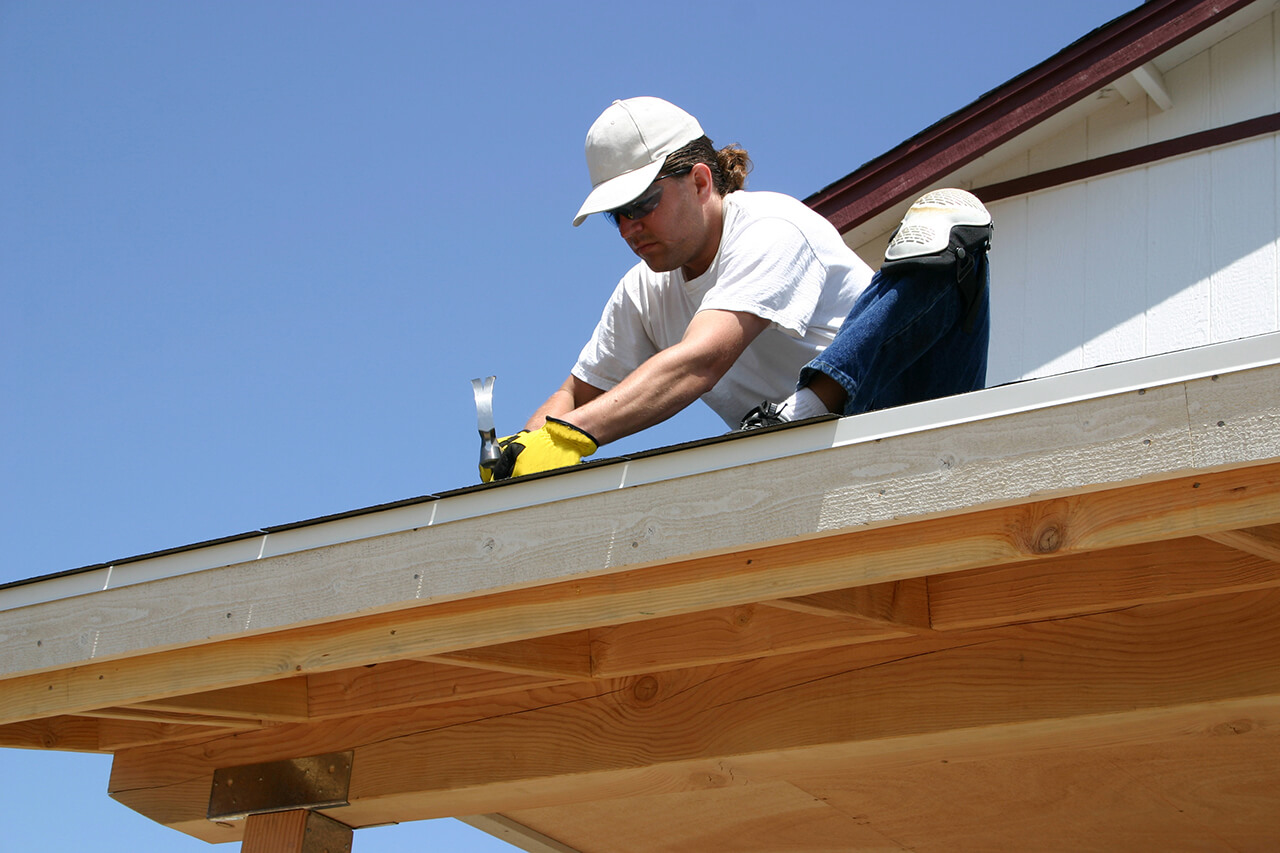How Much Does a Concrete Slab Cost in 2025?
Budget for a new concrete slab with this cost guide


Concrete slabs cost an average of $5,400, with most homeowners spending $3,600 to $7,200.
Your costs can vary based on size, thickness, materials, and labor.
Concrete slabs offer a durable foundation for patios, sheds, driveways, and more.
Hiring a concrete professional helps ensure proper installation and long-lasting results.
This article was updated using automation technology and thoroughly reviewed for accuracy by HomeAdvisor Editor Ryan Noonan.
Pouring a concrete slab costs an average of $5,400, with most homeowners spending $3,600 to $7,200. Factors like location, slab size, and material quality can affect your total price. Concrete slabs typically cost about $6 per square foot, including materials and labor. Planning your budget carefully and hiring a concrete professional can help ensure a durable and long-lasting result.
How to Calculate the Cost of Concrete Slab
The size of your concrete slab significantly impacts your total project cost. Larger slabs require more materials and labor, which increases your expenses. Here's how different sizes can affect your cost:
| Type | Square Footage | Average Cost |
|---|---|---|
| Small slab | 100 square feet | $600 |
| Medium slab | 400 square feet | $2,400 |
| Large slab | 900 square feet | $5,400 |
How Much Does a Concrete Slab Cost Per Square Foot?
Concrete slabs typically cost about $6 per square foot. To estimate your project's cost, multiply the length by the width to find the square footage, then multiply by $6. Don't forget to add about 10% extra to account for spills and other losses.
| Concrete Slab Size by Square Feet | Average Price |
|---|---|
| 100 | $600 |
| 400 | $2,400 |
| 900 | $5,400 |
Before starting your concrete project, be sure to check local and state building codes. Some projects have specific requirements for thickness and reinforcement that can affect your total costs. Remember, while the concrete slab itself might not need a permit, your overall project may require one.
Concrete Slab Cost Factors
Several key factors influence your concrete slab cost, including thickness, reinforcement, and finish. It's important to account for these variables when budgeting for your project. Hiring a concrete professional can ensure your slab is installed correctly and meets building codes, saving you time and helping prevent costly mistakes.
Labor and Equipment
Pouring a concrete slab involves specialized skills and equipment for tasks like demolition, preparation, reinforcement, and edging. Labor costs average about $2 to $3 per square foot , but investing in professional help can ensure the job is done correctly and efficiently.
Thickness
The thickness of your concrete slab affects the cost since thicker slabs need more materials and labor. However, opting for a thicker slab can mean a stronger, more durable foundation that lasts longer, potentially saving you money on future repairs.
| Concrete Slab Thickness | Average Price per Square Foot |
|---|---|
| 2 inches | $4–$5 |
| 4 inches | $6–$9 |
| 5 inches | $6–$9 |
| 6 inches | $6–$9 |
| 8 inches | $6–$12 |
The average concrete slab is between 4 and 6 inches thick. At 4 inches thick, you’re looking at an average cost of $5 to $6 per square foot, while at 6 inches thick, you’re looking at $6 to $7 per square foot. Slabs that are 6 inches are used for residential and commercial building foundations, while 8-inch slabs cost about $7 to $8 per square foot and are commonly used on concrete driveways that need to withstand the weight of heavy vehicles.
Materials
Beyond concrete, your project might need additional materials for reinforcement or moisture and temperature control. Rebar, which costs between $1.40 and $1.85 per foot, is used to reinforce slabs thicker than 4 inches, enhancing strength and preventing cracks.
Some contractors may include rebar costs in their flat fee. Alternatively, wire mesh is a more affordable option commonly used for home driveway projects. Both rebar and wire mesh strengthen your concrete slab and help prevent cracks.
Finish
Various stains, dyes, and finishing products can transform your plain concrete slab into a customized surface. You can finish concrete floors to resemble tile, slate, or marble, or enhance them with decorative stencils, medallions, or custom graphics. Depending on the finish you choose, the cost to finish concrete ranges from about $4 to $18 per square foot.
Types of Concrete
Take a look at the wide array of concrete types available for your project.
Modern concrete: It's the standard type of concrete for most residential projects, including driveways, patios, and sidewalks. It's a basic mix of cement, aggregate, and water that cures over several days to form a strong foundation. However, your concrete contractor may recommend other types of concrete depending on your project.
High-strength concrete: It’s appropriate when the structure needs to hold more weight than average, like a multistory house or heavy balcony. Typically, it can hold over 6,000 pounds per square inch (psi).
High-performance concrete: It’s a step above high-strength concrete. It can withstand 8,000 psi and performs well against frequent foul weather.
Ultra high-performance concrete: It can withstand over 17,000 psi without rebar. It's formulated with fibers and extra additives like limestone or quartz flour to make it extremely strong.
Stamped concrete: It’s a concrete that’s “stamped” to create patterns, resembling stone or brick. Stamped concrete costs are typically more expensive because it’s a multistep, time-intensive process. The concrete is poured, colored, stamped, and then left to set. It’ll typically require a sealer to maintain the pattern.
Glass concrete: It uses recycled glass as the aggregate to create visually interesting concrete.
Asphalt concrete: It’s a fast-curing concrete, used mainly in building roads and airports.
Permeable concrete : It allows water to pass through and is used in areas around storm drains.
Self-consolidating concrete: It doesn’t require a cement mixer and is mainly used in restricted and hard-to-reach areas.
Concrete Grade
The strength of concrete will vary depending on its composition, meaning the ratio of cement, sand, and aggregates in the mixture. The more robust and durable the concrete mixture, the more you can expect to pay.
When shopping for concrete, look for the letter M (for Mix), followed by a number. The number will tell you the ratios of cement, sand, and loose aggregate, which will all be mixed with water. For example, concrete labeled "M15" is 1 part cement to 5 parts sand and 10 parts aggregate. Concrete graded between M15 and M25 is appropriate for most residential uses. Concrete graded above M25 is used for commercial construction projects requiring greater strength
DIY vs. Hiring a Pro
While you might save on labor costs by installing the concrete slab yourself, this work requires specialized skills and equipment. Mistakes can lead to costly repairs down the line. Hiring a local concrete contractor ensures your complex project is handled professionally, resulting in a high-quality slab that meets all standards.
Ready to get started? Hire a local concrete professional to ensure your concrete slab project is completed successfully.
How HomeAdvisor Gets Its Cost Data
No place is more important than your home, which is why HomeAdvisor connects homeowners with local pros to transform their houses into homes they love. To help homeowners prepare for their next project, HomeAdvisor provides readers with accurate cost data and follows strict editorial guidelines. After a project is complete, we survey real customers about the costs to develop the pricing data you see, so you can make the best decisions for you and your home. We pair this data with research from reputable sources, including the U.S. Bureau of Labor Statistics, academic journals, market studies, and interviews with industry experts—all to ensure our prices reflect real-world projects.
Frequently Asked Questions
A properly installed concrete slab can last anywhere from 30 to 100 years. Factors that impact its lifespan include timely repairs of cracks or breaks, local weather conditions, and the type of concrete used. Consulting with a local concrete contractor can give you a more accurate estimate based on your area's climate.
Concrete takes 26 to 30 days to cure to its full strength. A 4-inch concrete slab is solid enough to walk on without leaving footprints after 24 to 48 hours. After seven days, it should be cured to at least 70% of its full strength. Proper curing is essential for the slab's durability and longevity.
Maintaining your concrete slab properly extends its life and keeps it looking its best. Regularly clean away dirt and debris, and promptly remove stains and spills like car oil or fertilizers. Avoid using harsh chemicals or de-icers that can damage the concrete. Keep heavy machinery and oversized vehicles off your driveway, and consider sealing your concrete to renew its appearance. Remember that while concrete is strong and durable, it isn't designed to support extremely heavy loads without proper reinforcement.
Choosing between a precast concrete slab and pouring concrete on-site depends on your project's size and location. Precast slabs are poured off-site and delivered ready to install, which can save time and ensure consistent quality. However, for larger areas or sites with access limitations, pouring concrete on-site may be more practical. Discuss your options with a local concrete contractor to determine the best choice for your project.
A concrete floor differs from a concrete slab in both its finish and function. A concrete floor is an indoor surface that is polished, coated, or stained for enhanced aesthetics and durability, while a concrete slab is an unfinished base designed to support structures such as sheds, garages, or patios. The finishing process adds visual appeal and protection for interior use, making it suitable for everyday living spaces. Each application is tailored to its intended environment and performance requirements.







